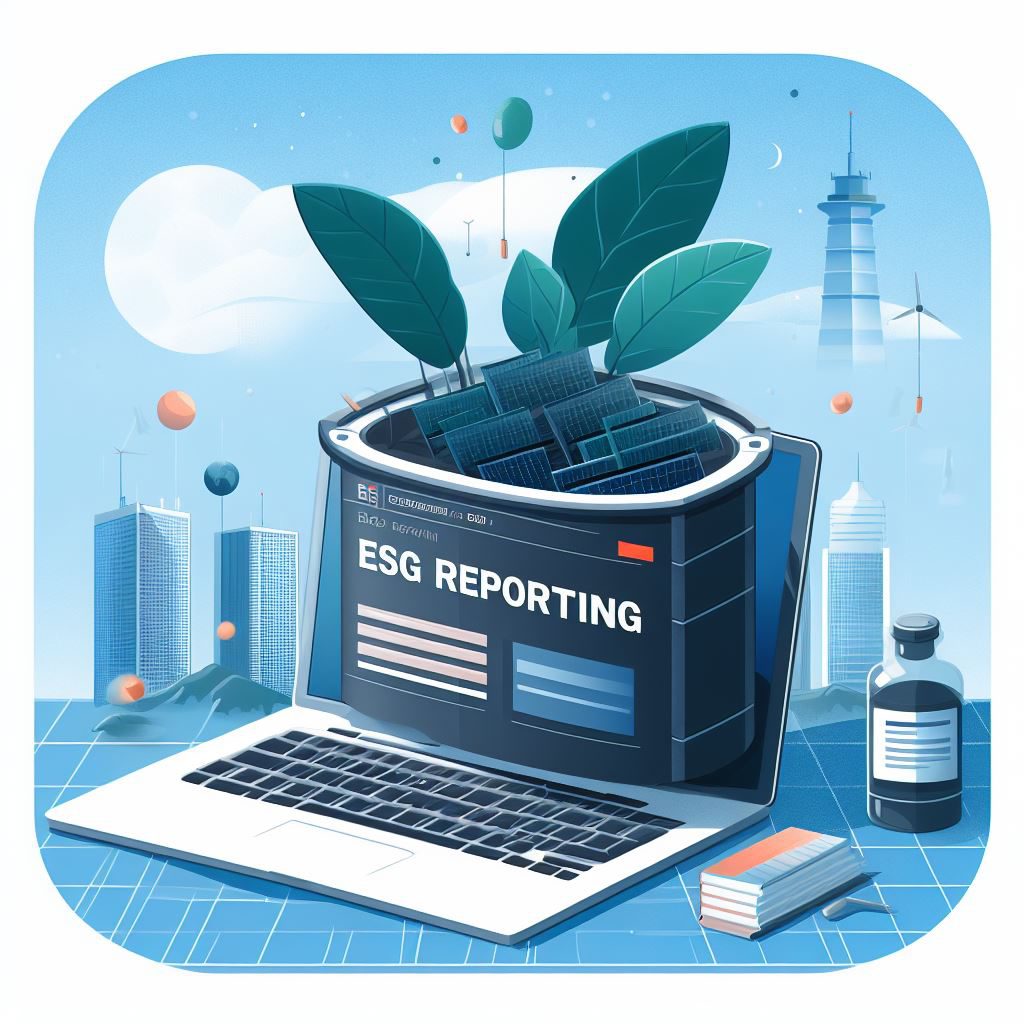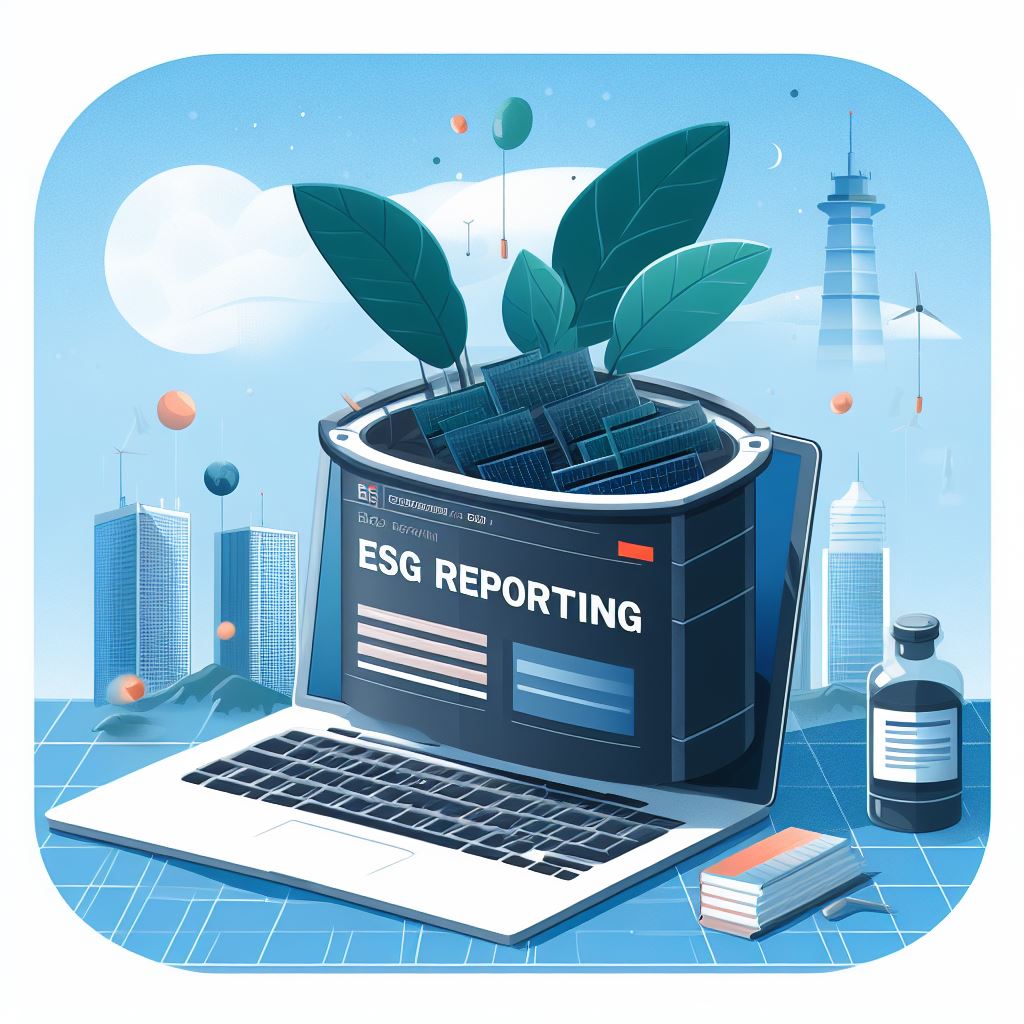Navigating the ESG Wave: Implications and Opportunities for HR in 2024
The corporate world is witnessing a paradigm shift. ESG (Environmental, Social, and Governance) reporting, once a peripheral consideration, has now become central to business strategies. As this form of reporting gains traction, its ripple effects are being felt in various departments, notably Human Resources (HR). Let’s explore the growth of ESG reporting and its implications for HR.
1. ESG Reporting: A Brief Overview
ESG reporting offers a holistic view of a company’s sustainability practices, encompassing its environmental impact, social responsibilities, and governance structures. As stakeholders increasingly demand transparency and ethical practices, ESG reporting has emerged as a tool to meet these expectations.
Shortcomings in ESG can lead to severe public relations disasters. For instance, a governance lapse at a pharmaceutical firm resulted in a staggering 90% drop in its market value. Additionally, the company had to address penalties and settlement claims, culminating in a $45 million payment to resolve U.S. charges.

2. The HR-ESG Nexus
Talent Acquisition: Modern job seekers prioritize organizational values. While HR can’t use ESG directly for talent attraction due to our exclusions, the ethos behind ESG reporting can shape a company’s employer brand, influencing prospective employees.
Employee Engagement: ESG initiatives often require cross-departmental collaboration. HR plays a pivotal role in fostering this collaboration, ensuring that employees are engaged and aligned with the company’s sustainability goals.
Training & Development: As ESG practices evolve, there’s a need for continuous learning. HR is responsible for ensuring that employees are equipped with the knowledge and skills to adhere to and champion these practices.
3. ESG Reporting’s Influence on HR Policies
Diversity & Inclusion: One of the pillars of ESG is social responsibility, which includes promoting diversity and inclusion. HR departments are refining their policies to ensure a more inclusive workplace, reflecting the company’s commitment to ESG principles. Gartner discovered that companies boasting a diverse workforce experience a 12% enhancement in employee performance and a 20% increase in employee retention intentions.
Wellness & Mental Health: ESG’s focus on social factors has brought employee well-being to the forefront. HR is increasingly implementing wellness programs and mental health initiatives, recognizing their importance in the broader ESG framework.
Ethical Conduct: Governance, a key component of ESG, emphasizes ethical conduct. HR is instrumental in crafting codes of conduct, organizing ethics training, and ensuring adherence to these standards.
4. Feedback & Continuous Improvement
With ESG reporting spotlighting a company’s practices, feedback becomes crucial. HR departments are leveraging feedback tools to gauge employee sentiment regarding the company’s ESG initiatives, ensuring that the workforce feels involved and valued in the process.
Conclusion
The rise of ESG reporting is not just reshaping corporate strategies but also redefining the role of HR. As the custodians of organizational culture, HR departments are at the forefront, ensuring that the values underscored by ESG reporting are deeply embedded in every facet of the employee experience. As ESG continues its upward trajectory, its symbiotic relationship with HR will only grow stronger, heralding a new era of sustainable and people-centric business practices.









